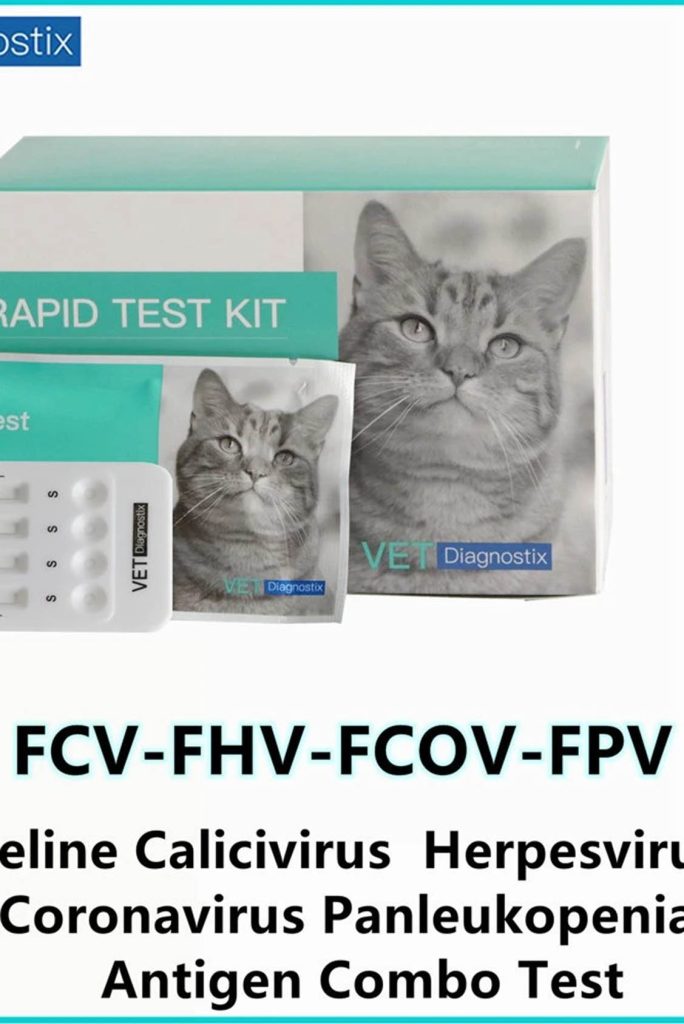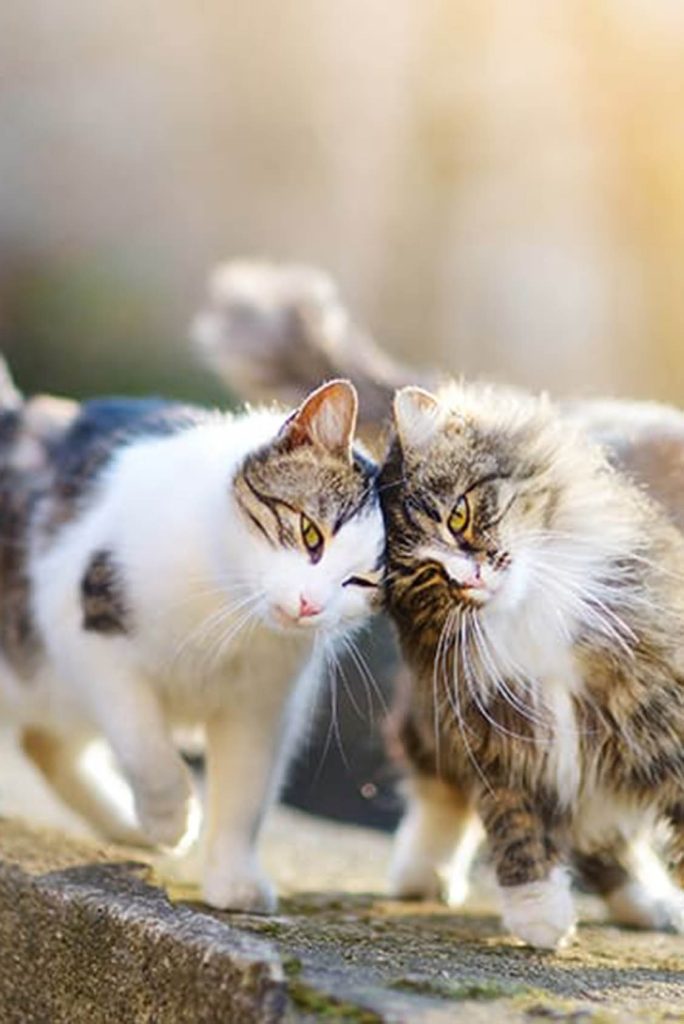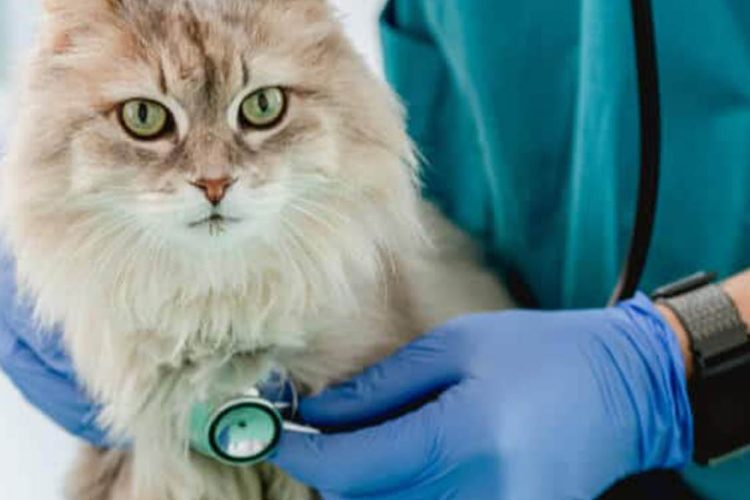Vaccinations are a crucial aspect of feline health care, offering protection against various infectious diseases that can affect cats. Whether you’re a new cat owner or an experienced one looking to refresh your knowledge, understanding cat vaccinations is essential for ensuring your feline friend stays healthy. This comprehensive guide will cover everything you need to know about cat vaccinations, including the different types of vaccines, recommended schedules, and the benefits of vaccinating your cat.
Why Vaccinations Are Important for Cats
Vaccinations play a vital role in preventing contagious diseases, some of which can be severe or even fatal. They work by stimulating the cat’s immune system to recognize and combat specific pathogens. By getting vaccinated, your cat develops immunity to these diseases without having to suffer through the actual illness. Vaccinations also help in controlling the spread of diseases within the cat population, benefiting both individual cats and public health.
Core vs. Non-Core Vaccines
Cat vaccines are generally categorized into core and non-core vaccines. Understanding the difference between these categories helps in making informed decisions about your cat’s vaccination needs.
Core Vaccines
Core vaccines are considered essential for all cats, regardless of their lifestyle. They protect against common and serious diseases that are prevalent and can be highly contagious. The core vaccines recommended for cats include:
1.Feline Herpesvirus (FHV-1) and Feline Calicivirus (FCV)
- Disease: These viruses cause upper respiratory infections in cats, also known as feline viral rhinotracheitis (FVR) and feline calicivirus infection.
- Symptoms: Symptoms include sneezing, runny nose, watery eyes, and sometimes oral ulcers.
- Vaccine: Often combined in a vaccine called the FVRCP (Feline Viral Rhinotracheitis, Calicivirus, and Panleukopenia) vaccine.
- Schedule: Initial vaccination at 6-8 weeks, with boosters every 3-4 weeks until 16 weeks old, followed by annual boosters.

2.Feline Panleukopenia (FPV)
- Disease: Also known as feline distemper, FPV is a highly contagious and often fatal viral disease that affects the cat’s gastrointestinal system.
- Symptoms: Vomiting, diarrhea, fever, and severe dehydration.
- Vaccine: Included in the FVRCP vaccine.
- Schedule: Same as FVRCP, with the initial vaccination series and annual boosters.
3.Feline Leukemia Virus (FeLV)
- Disease: FeLV is a retrovirus that can cause a range of health issues, including cancer and immune system suppression.
- Symptoms: Weight loss, lethargy, anemia, and susceptibility to infections.
- Vaccine: FeLV vaccine is separate from the FVRCP.
- Schedule: Initial vaccination at 8-12 weeks, with a booster 3-4 weeks later, and then annually if the cat remains at risk.
4.Feline Immunodeficiency Virus (FIV)
- Disease: FIV is another retrovirus that compromises the cat’s immune system, making them more susceptible to infections.
- Symptoms: Persistent infections, dental issues, and weight loss.
- Vaccine: Available but not universally recommended. It is often used in high-risk cats.
- Schedule: Initial series followed by annual boosters if needed.
Non-Core Vaccines
Non-core vaccines are recommended based on the cat’s lifestyle, environment, and exposure risk. These vaccines are not considered essential for all cats but are important for those who may be at higher risk. Non-core vaccines include:
1.Chlamydophila Felis
- Disease: Causes conjunctivitis (eye infections) in cats.
- Symptoms: Red, swollen eyes, and discharge.
- Vaccine: Often given in multi-dose series.
- Schedule: Initial vaccination with booster shots as advised by the vet.
2.Bordetella Bronchiseptica
- Disease: Causes respiratory infections, similar to kennel cough in dogs.
- Symptoms: Coughing, sneezing, and nasal discharge.
- Vaccine: Typically recommended for cats in shelters or those exposed to other cats frequently.
- Schedule: Initial dose with annual boosters.
3.Feline Coronavirus (FCoV)
- Disease: Causes feline infectious peritonitis (FIP), a severe and often fatal disease.
- Symptoms: Fever, abdominal swelling, and fluid accumulation.
- Vaccine: Not widely used due to limited effectiveness and potential complications.
- Schedule: Given in certain high-risk scenarios.
Vaccination Schedule for Kittens and Adult Cats
Kittens
The vaccination schedule for kittens typically starts at around 6-8 weeks of age and includes a series of booster shots to ensure full protection. The general schedule is:
- 6-8 Weeks: First dose of FVRCP and FeLV (if applicable).
- 9-12 Weeks: Second dose of FVRCP and FeLV booster (if applicable).
- 12-16 Weeks: Third dose of FVRCP and FeLV booster (if applicable).
- 12-16 Weeks: First dose of FIV vaccine (if applicable).
- Annually: Booster shots for FVRCP, FeLV, and possibly FIV.
Adult Cats
For adult cats, the vaccination schedule will depend on their previous vaccination history and risk factors. Generally, adult cats receive:
- Annual Boosters: For core vaccines like FVRCP and FeLV.
- Non-Core Vaccines: Depending on the cat’s lifestyle and exposure risk, some non-core vaccines may be given annually or every 2-3 years.
How to Schedule and Administer Vaccinations
Scheduling
- Consult Your Veterinarian: Schedule a visit with your vet to discuss your cat’s vaccination needs based on their age, health status, and lifestyle.
- Create a Vaccination Plan: Your vet will help create a personalized vaccination plan for your cat.
Administration
- In-Clinic Visits: Vaccines are typically administered during a vet visit. Your cat may receive multiple vaccines in one visit, depending on the schedule.
- At-Home Care: Post-vaccination, monitor your cat for any adverse reactions. Some mild side effects like lethargy or a slight fever are normal.

Benefits and Risks of Vaccination
Benefits
- Disease Prevention: Vaccines protect against serious and potentially fatal diseases.
- Community Health: Vaccinated cats help reduce the spread of infectious diseases in the feline population.
- Peace of Mind: Ensuring your cat is vaccinated provides reassurance that they are protected against common diseases.
Risks
- Mild Side Effects: Common reactions include a slight fever, lethargy, or a mild swelling at the injection site.
- Severe Reactions: Rarely, severe allergic reactions or other complications may occur. Your vet will monitor your cat and provide guidance on managing any adverse effects.
Vaccinations are a crucial part of responsible cat ownership, providing protection against various serious diseases and contributing to overall feline health. By understanding the different types of vaccines, following the recommended vaccination schedule, and working closely with your veterinarian, you can ensure your cat remains healthy and happy. Regular vaccinations not only safeguard your cat but also contribute to the well-being of the wider feline community. Keep up with your cat’s vaccination schedule, and consult your vet if you have any questions or concerns about their health and vaccination needs.
